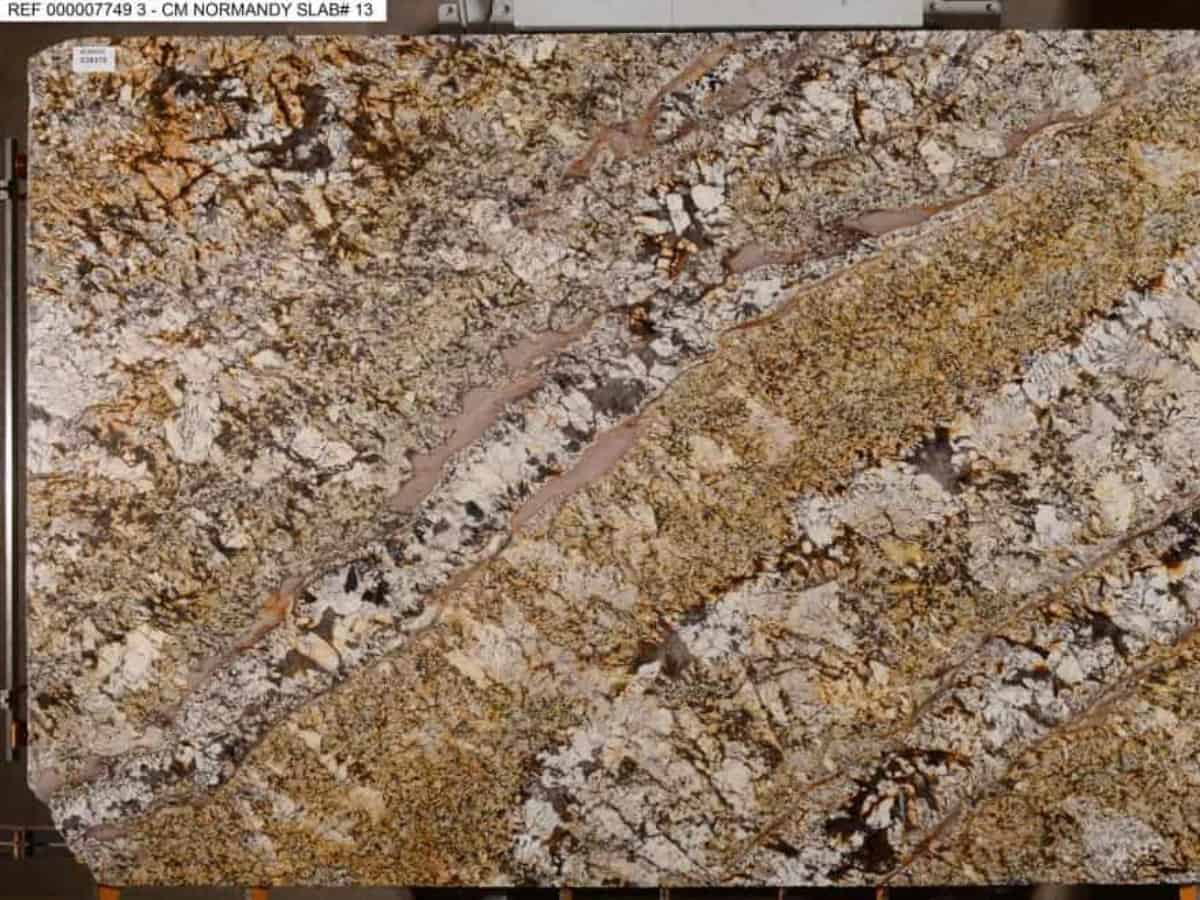Outdoor kitchens are a wonderful bonus to any home. Whether you like to entertain large groups of people or just enjoy spending time in the great outdoors, an outdoor kitchen not only extends your family’s living space, but it also adds value to your home. Cooking is both easier and healthier in an outdoor kitchen as well.
When it comes to building an outdoor kitchen, some items are a given, for example a stainless steel barbecue grill, a stone fire pit, and teak patio furniture. Using items made from natural elements, like stone and wood, complement the patio feeling of an outdoor kitchen. These items are also earth-friendly, which is always a bonus.
Another item to consider in your outdoor kitchen is the countertop space. You need something that will provide enough area to prepare and serve meals while holding up to harsh weather and extreme temperatures. This is why granite countertops are the first choice for homeowners with outdoor kitchens. Granite is an eco-friendly material that is built to last.
Tips for Using Granite Countertops in Outdoor Kitchens (Fully Explained)
Maintaining Your Outdoor Granite Countertops
Your new granite countertops will look fabulous. But how do you keep them looking that way? Talk to the installer to see if the countertops require a seal. Sunshine and rain will naturally wash away stains from food, but if the surface is absorbent then you will want to apply some kind of sealer to prevent spills from things like wine or mustard from leaving behind a long-term mark.
Otherwise for general cleaning, you should be able to hose off your granite countertops and then use a non-abrasive detergent to remove surface dust and dirt that builds up from pollen, food spills, and other bits of general outdoor grime. A good way to slow down the buildup of gunk on your counters is to leave them covered when not in use if your outdoor kitchen is not covered by any kind of a roof or awning.
Sun, rain, hail, and snow will take a toll on your countertops. Just like natural stone that wears down over time from exposure to the elements, granite countertops in an outdoor kitchen will wear down over time, too. Keeping them covered and having them re-surfaced on an as-necessary basis will go a long way toward extending their longevity though.
Not All Granite Counters Offer the Same Performance
Geologically speaking, there are so many types of stones that are commercially sold as “granite” that you want to do your homework before handing over your credit card or writing out a check. Ask your countertop installer if you can test a sample of the slab you like to make sure that it will not be too absorbent or, which is very rare, react to foods or liquids with acidic properties.
Some granite countertops weather faster than others. This means that the shiny polish that makes the countertop look so attractive might wear away at varying lengths of time. This polishing is what brings out the intense colors within the natural granite. Contrary to popular belief the sealing only affects the absorbency, not the appearance.
As mentioned above, if this happens then there is typically no need to replace your entire countertop. There is still hope for your existing granite countertops in your outdoor kitchen or patio. Just arrange to have it resurfaced and then, depending on its level of absorbency, resealed by a professional. A lot of installers recommend leaving outdoor granite unsealed, especially if the stone is in a humid or damp environment and frequently exposed to moisture. Not sealing your countertops allows the stone to breathe and keeps moisture from becoming trapped within it.
Summer Heat and Outdoor Granite Countertops
Just because granite can hold up to extreme temperatures does not mean that it is a good idea to leave countertops in an outdoor kitchen exposed to the sun. By mid-afternoon on a hot summer day, the surface of your granite countertop will be hot to the touch. Use some kind of pergola, awning, umbrella, or some other form of shade that will cover as much as the countertop as possible. This makes it more comfortable for standing or sitting near the counter as well.
In the winter, minimizing exposure to snow and sleet will help prolong the life of granite countertops in an outdoor kitchen. The biggest trouble for people who live in geographic areas prone to four seasons of distinct weather is the constant cycles of freezing and thawing. If your granite countertop includes space for a sink, then the metal sink contracting and expanding through the seasons could put stress cracks in the stone.
Your best bet is to interview the countertop salesperson and installer (if the granite countertop company contracts out the installation part of the job) to get advice on maintaining granite in an outdoor kitchen or patio. They can provide you with tips for low-maintenance ways to prolong the life of your granite countertops.
Is granite good for the outdoors?
Granite is a great option that can also be used in outdoor areas as it is highly durable, long-lasting, and resilient. Its outdoor use options are one of the biggest benefits of granite countertops and make it a very popular choice. High-quality and properly sealed granite countertops will be able to resist factors such as rain, wind, or dirt. Nevertheless, it is very important to reseal them so that the protective sealant holds up. Most professionals offer annual resealing for granite countertops. Regardless, for outside countertops, you might want to seal them every six months to ensure that the sun and the debris don’t erode the sealant completely, leaving the granite unprotected. Don’t forget that as strong as granite is, it is not indestructible.
Does granite get hot in the sun?
Yes, as granite is a natural stone, it can get hot under the sun after a long period of exposure. How hot it will get and how much of the heat it will retain will heavily depend on factors such as the color, thickness, and finish of the slab. Granite countertops, which are generally sold by square foot, can get hot to the touch after a certain amount of time under direct sunlight. Thicker slabs will resist the heat longer and won’t get hot as quickly as thinner slabs. When considering granite countertops for your kitchen or outdoor space, it is important to factor in this information and plan accordingly. For example, you might also install a shade for the outside countertops and use trivets before placing hot pots and pans on the granite.


